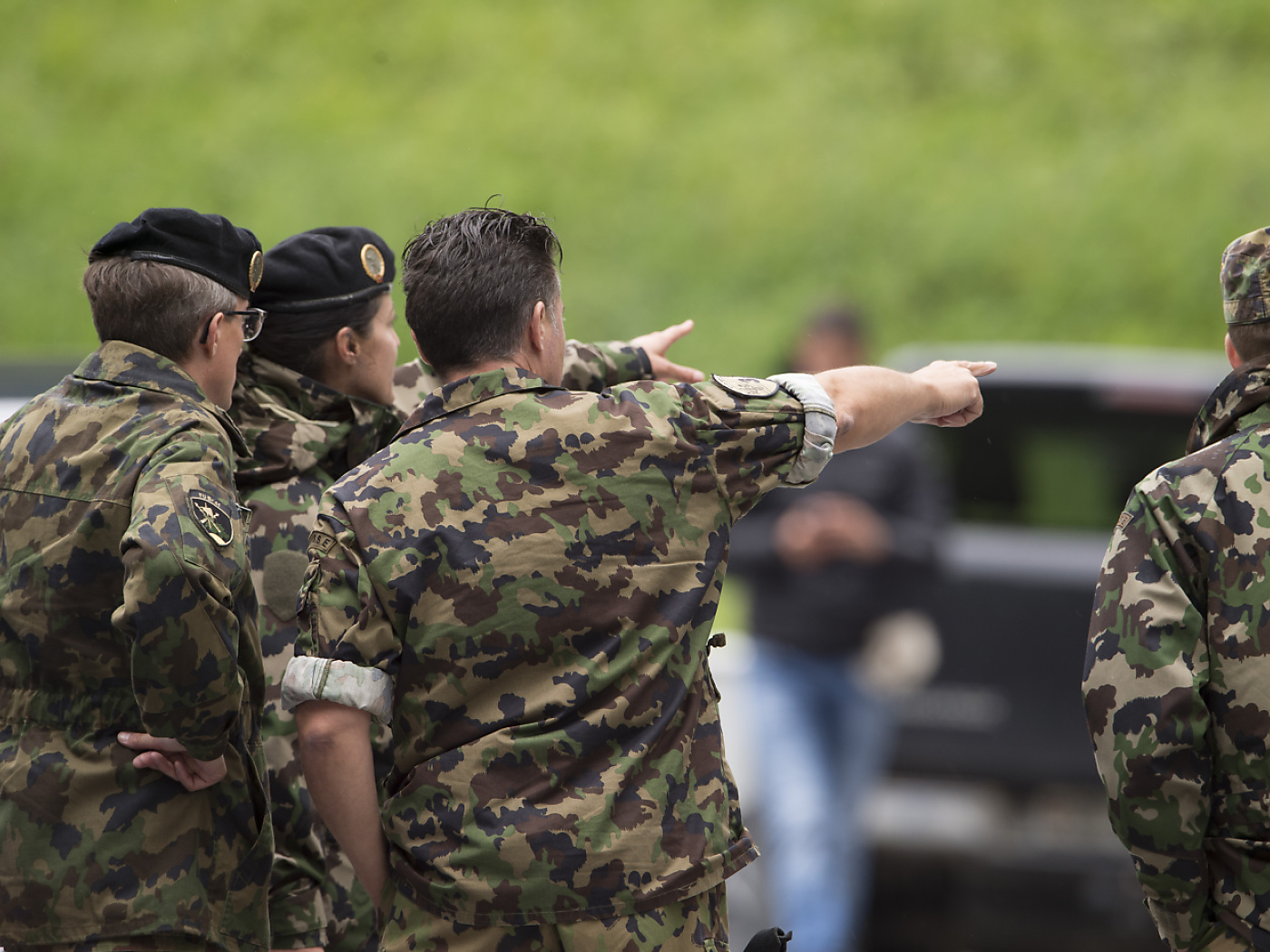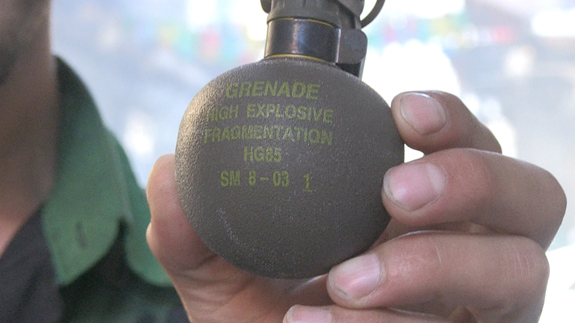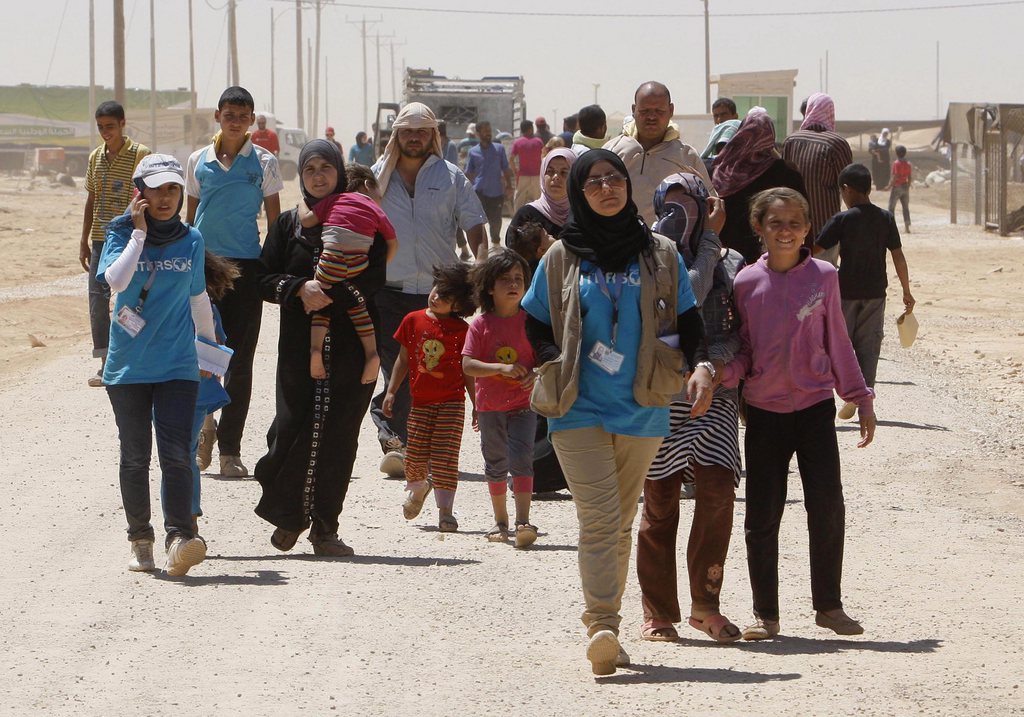Swiss toughen up demands on arms buyers

The Swiss government is tightening up the rules on the export of all war material after Swiss-made grenades - originally sold to the United Arab Emirates – turned up in Syria earlier this year.
On Wednesday the cabinet approved an amendment to the Ordinance on War Material, which will come into force on November 1, covering the commitment by customers not to re-export material bought from Switzerland.
Such a declaration must be obtained from the recipient government before the export of finished items, single components and component assemblies can be authorised.
Buyers will have to declare that they will not export, sell, lend or donate the material, or pass it on in any other way to a third party abroad, without the agreement of the Swiss authorities.
Where there is seen to be a high risk of the material nevertheless being passed on to “undesirable” end users, the relevant Swiss authorities can stipulate that they shall have the right to make “post shipment inspections” on the spot.
Where large amounts of material is exported, the declaration is to take the form of a diplomatic note from the receiving country.
Measures to guarantee the observance of the ban on re-exports were already introduced in 2006; the new amendment means that they are now included in the ordinance itself, so as to make deals more transparent and to ensure that the comply with the law.
Recurrent problem
Swiss arms sales have regularly hit the news headlines over the past few years.
Reports in the Swiss media in July that explosives manufactured by the Swiss state-owned Ruag company were being used by opposition forces in the northern Syrian town of Marea, prompted a joint investigation by Switzerland and the UAE.
It was found they were part of a consignment delivered to the UAE in 2003 and 2004, which were handed on to Jordan in 2004. The government temporarily banned weapons exports to the UAE in July, but later rescinded the ban. However, it announced in September that any new arms export licences to the country would have to contain the commitment not to re-export, and to allow post-shipment inspections.
In 2011 weapons exports to Qatar were frozen after it was revealed that munitions sold to the Gulf state had shown up in Libya in an apparent violation of export regulations.
The ban was lifted five months later. An investigation blamed a “military logistics error” for the re-export.
The UAE was also the focus of an inquiry over the re-export of Swiss-built armoured vehicles from the UAE to Morocco in 2005.
Switzerland exported war materiel, including components and spare parts, worth a record SFr872.7 million ($912.9 million) last year, according to Seco.
The 36% increase on 2010 is due to the sale of 25 Swiss-built Pilatus PC-21 training aircraft to the United Arab Emirates.
Swiss war materiel and components went to a total of 68 countries, including neighbouring Germany and Italy, as well as Belgium and Spain. Such exports are subject to approval by the state.
Seco added that it “exercised restraint” for exports of war materiel to countries in North Africa and the Middle East, notably Saudi Arabia, Pakistan and Egypt.

In compliance with the JTI standards
More: SWI swissinfo.ch certified by the Journalism Trust Initiative











You can find an overview of ongoing debates with our journalists here . Please join us!
If you want to start a conversation about a topic raised in this article or want to report factual errors, email us at english@swissinfo.ch.